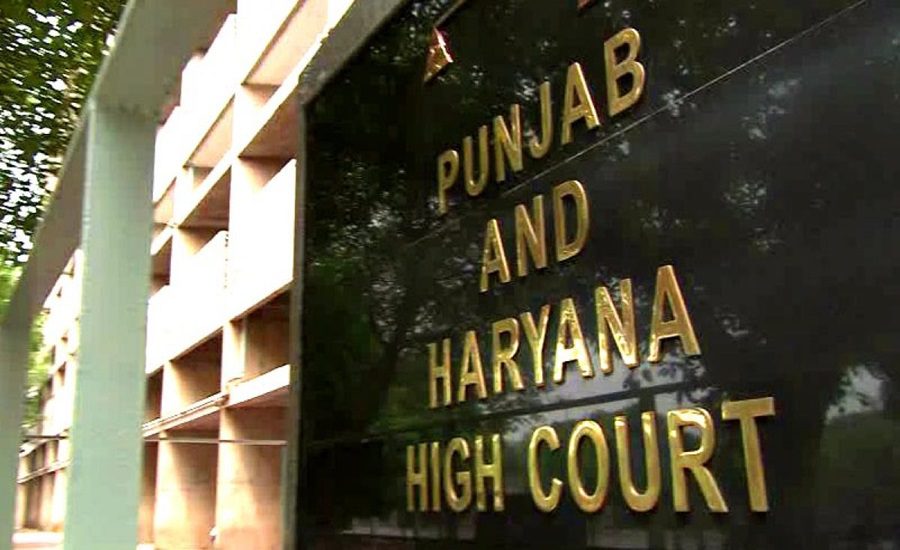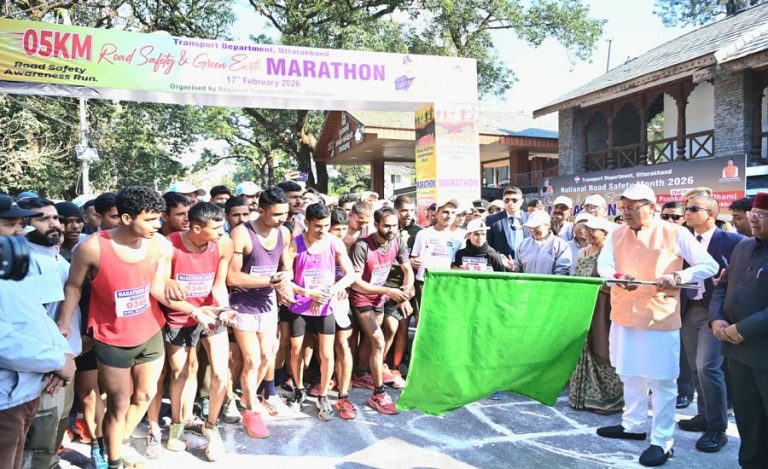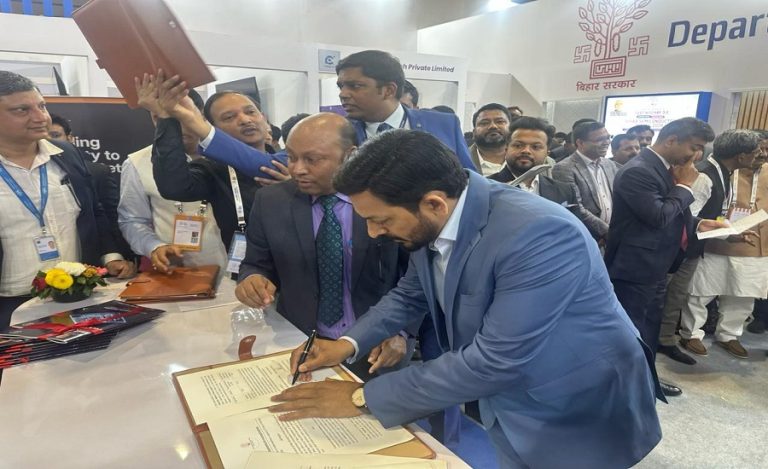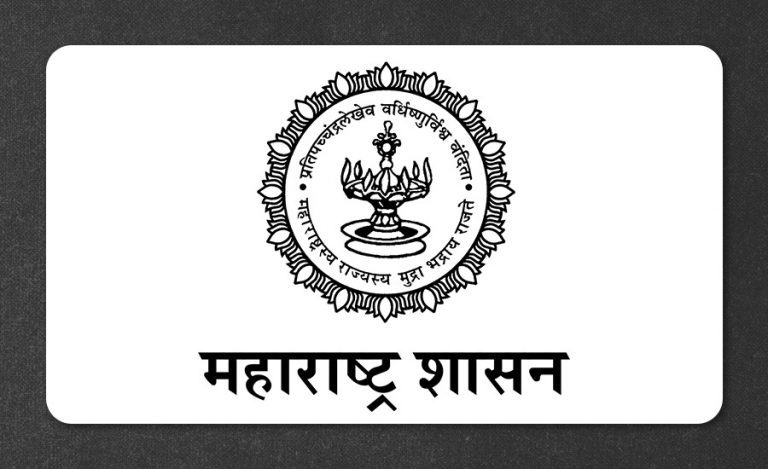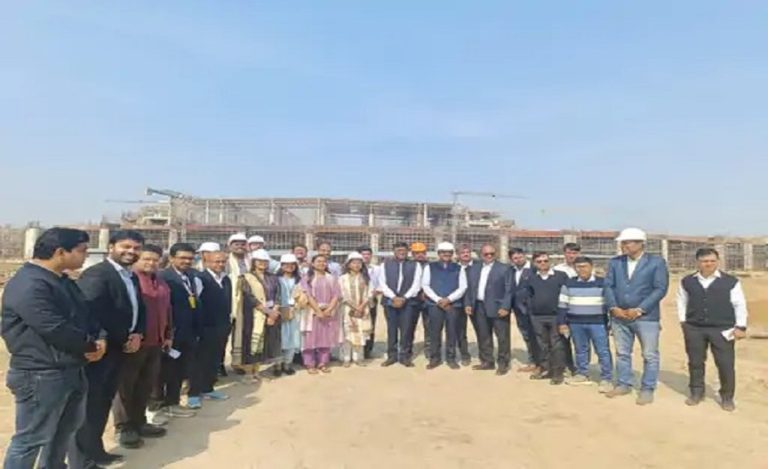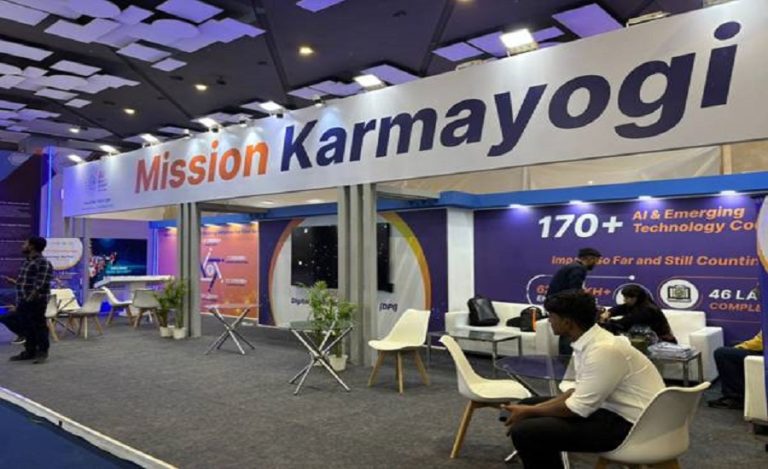The Punjab and Haryana High Court has upheld the decision of the Special CBI Court in Panchkula to summon five officers, including former IAS officer Mr. Rajeev Arora (1987 batch), as additional accused in the controversial Manesar land deal case, rejecting allegations of illegality in the trial court’s order.
A bench led by Justice Manjari Nehru Kaul dismissed the petitions filed by the summoned officers, who contended that they had initially been cited as prosecution witnesses and that no fresh material had emerged since the filing of the chargesheet to justify their addition as accused. The court ruled that the special court acted within its jurisdiction, observing:
“There is no illegality or infirmity in the impugned order passed by the learned special court in summoning the petitioners. The challenge to the impugned order is, therefore, liable to be rejected. Consequently, all the petitions stand dismissed.”
The five officers summoned by the trial court in December 2020, in addition to the 33 individuals (including former Haryana Chief Minister Mr. Bhupinder Singh Hooda) already facing charges, include:
- Mr. Rajeev Arora, former IAS officer and Managing Director of HSIIDC (2005–2012)
- Mr. Surjit Singh, former Chief Town Planner, HSIIDC
- Mr. Dhare Singh, former Chief Town Planner, Department of Town and Country Planning
- Mr. Kulwant Singh Lamba, the then Deputy Superintendent, Town and Country Planning
- Mr. D.R. Dhingra, the then Director, Industries
The high court also clarified the applicability of Section 19 of the Prevention of Corruption (PC) Act, noting that the amendment requiring prior sanction for prosecuting retired public servants, which came into force in July 2018, does not apply retrospectively. Since the trial court took cognisance of the case in March 2018, the court concluded that no prosecution sanction was required for the retired officers.
In the case of Mr. Rajeev Arora, who was still in service when the order was passed, the court clarified that it had not directed the competent authority to grant sanction but only ordered that the material against him be placed before the appropriate authority.
The bench emphasised that, at the stage of summoning, a trial court is only required to assess whether there exists prima facie material on record to proceed. It is neither expected to evaluate the probative value of the evidence nor conduct a mini-trial. It added:
“The court is empowered to summon any person found prima facie involved in the commission of the offence based on the material placed before it. There is no legal mandate for the court to direct further investigation if it disagrees with the police report.”
The Manesar Land Deal Controversy
The case dates back to August 27, 2004, when the Haryana government issued a notification under Section 4(1) of the Land Acquisition Act, 1894, to acquire 912 acres of land in Manesar, Lakhnaula, and Naurangpur villages. Fearing compulsory acquisition, landowners sold their land at throwaway prices, allegedly causing a loss of Rs. 1,500 crore, as per the CBI probe.
In August 2007, the then Director of Industries passed an order releasing the land in favour of the private buyers rather than the original owners, allegedly violating government policy. The CBI began its investigation in 2015 and filed an 80,000-page chargesheet in 2018 against 34 individuals, including Mr. Hooda.
The summoning of the five additional officers was challenged in the high court in December 2020, leading to a stay on trial proceedings. With the high court’s recent judgment dated May 15, 2025, now released, the trial can resume.
The judgment on separate petitions filed by builders and private individuals challenging the framing of charges is still pending. Notably, Mr. Hooda has not challenged the trial court’s order.

